
Three economists concluded in a Johns Hopkins working paper that lockdowns in response to the first wave of the COVID-19 pandemic did not have a significant effect on mortality rates, but the paper's findings have been criticized.

Three economists concluded in a Johns Hopkins working paper that lockdowns in response to the first wave of the COVID-19 pandemic did not have a significant effect on mortality rates, but the paper's findings have been criticized.



While industry analysts expected Medicaid expansion states would see larger increases in paying customers compared to non-expansion states, the gap was far greater than predicted.
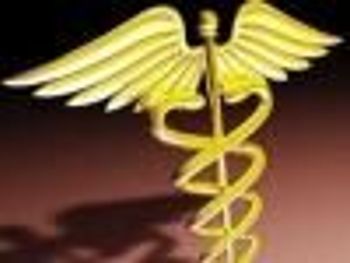
The earlier ruling from a 3-person DC appeals court that invalidated healthcare subsidies for people purchasing plans on federally run marketplaces will be reconsidered by the full circuit court.

The newest final rule for the Medicare and Medicaid EHR Incentive Programs provides more flexibility in how healthcare providers use certified electronic health record technology to meet meaningful use for an incentive reporting period in 2014.
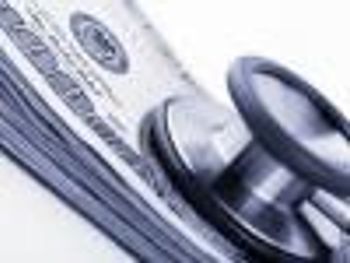
Simply shifting from manual to electronic transactions for just 6 processes could save physicians and other healthcare providers billions of dollars.

Most people don't realize how closely emotions affect financial spending, which can lead to poor decisions and overspending. But knowing potential triggers can help you overcome them in the future.
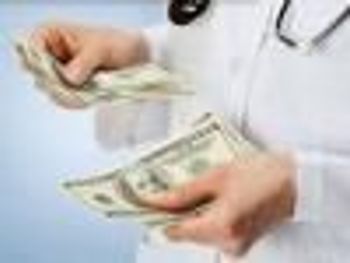
The physician turnover rate is at its highest level since 2005. As doctors look for new jobs, they may want to avoid the states where they will earn well below the national average for physicians.

Some money conversations are easy to discuss, but people find these ones particularly difficult, according to a survey from Northwestern Mutual.

As healthcare organizations look to cut costs while increasing patient safety and satisfaction, the focus is all landing on how to make the employee happy.

Roughly half of all family medicine and internal medicine positions remained unfilled last year, leaving large gaps in primary care access for many communities.

It's unlikely a coincidence that the most livable cities in the world received perfect scores for both their healthcare and their education.
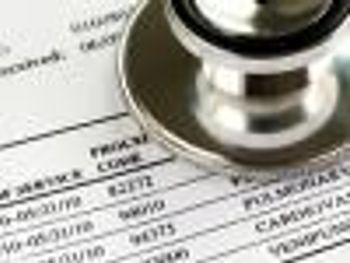
Healthcare spending measures are increasingly being used to reward or penalize physicians, hospitals, and other providers, but there are 6 fundamental problems with the current system.

Investors often look to stock analysts to gauge the potential of a company's stock. And analysts really don't like these 10 stocks.

A few years ago the idea of physicians prescribing apps to their patients seemed ridiculous. However, health apps have become a large market and physicians are embracing them when interacting with patients.

Nearly a third of Americans have made one of the worst retirement savings mistakes, and nearly half who have regretted doing so.
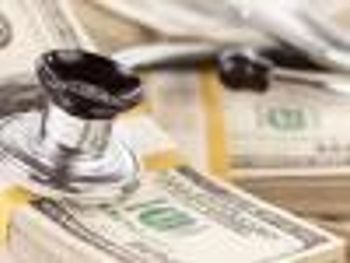
Provider organizations are reporting stronger financial performance and slightly higher average compensation increases, according to a report from the American Medical Group Association.

Although, broader adoption of electronic health records has given patients access to their lab results online, a new study indicates people may not understand what they are seeing.

Despite the assumption that larger practices provide better healthcare, a new study found smaller practices had fewer preventable hospital admissions.

Although patients are expressing more of an interest in accessing their health information online, just a third of patients have access to patient portals, and the rest either don't have access or are not sure if they do.

American workers may understand the importance of their 401(k)s, but that does not mean they are taking full advantage of plan benefits, according to a new survey.

With the right travel rewards programs, vacation can become more affordable and provide people with perks to enjoy.
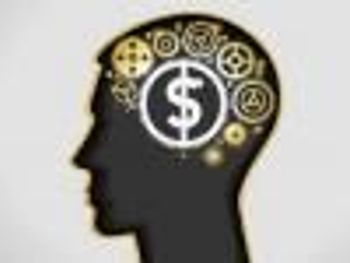
In the aftermath of the financial crisis, the issue of widespread financial illiteracy garnered more attention, but it also became obvious that Americans have plenty of financial shortcomings.

Americans have an eye on the future and retirement. Many workers view employer contributions as one of the most important components of their benefits offering.
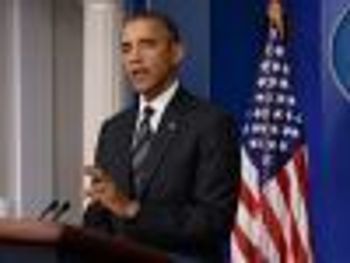
Although the second open enrollment period for the Affordable Care Act's health exchanges is still months away, Americans are doubtful the exchanges will operate smoothly this time around.

While nearly half of Americans save 10% or less of their annual income each year to their retirement accounts, many have never increased their contribution percentage.

If the United States is truly looking to cut healthcare costs, then implementing widespread use of telemedicine could save companies more than $6 billion a year.

Unfortunately, not every city and state has an extensive public transportation network, so owning and paying for a car is a necessity.

In the second quarter of 2014, the uninsured rate in American had sunk to 13.4%. But the most dramatic drops were in Medicaid expansion states and those who either established a state-based marketplace or a state-federal partnership.

Published: February 7th 2022 | Updated:

Published: November 28th 2013 | Updated:

Published: July 10th 2012 | Updated:

Published: January 2nd 2014 | Updated:

Published: March 28th 2013 | Updated:
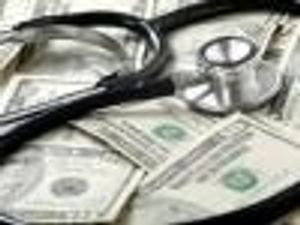
Published: July 11th 2014 | Updated: